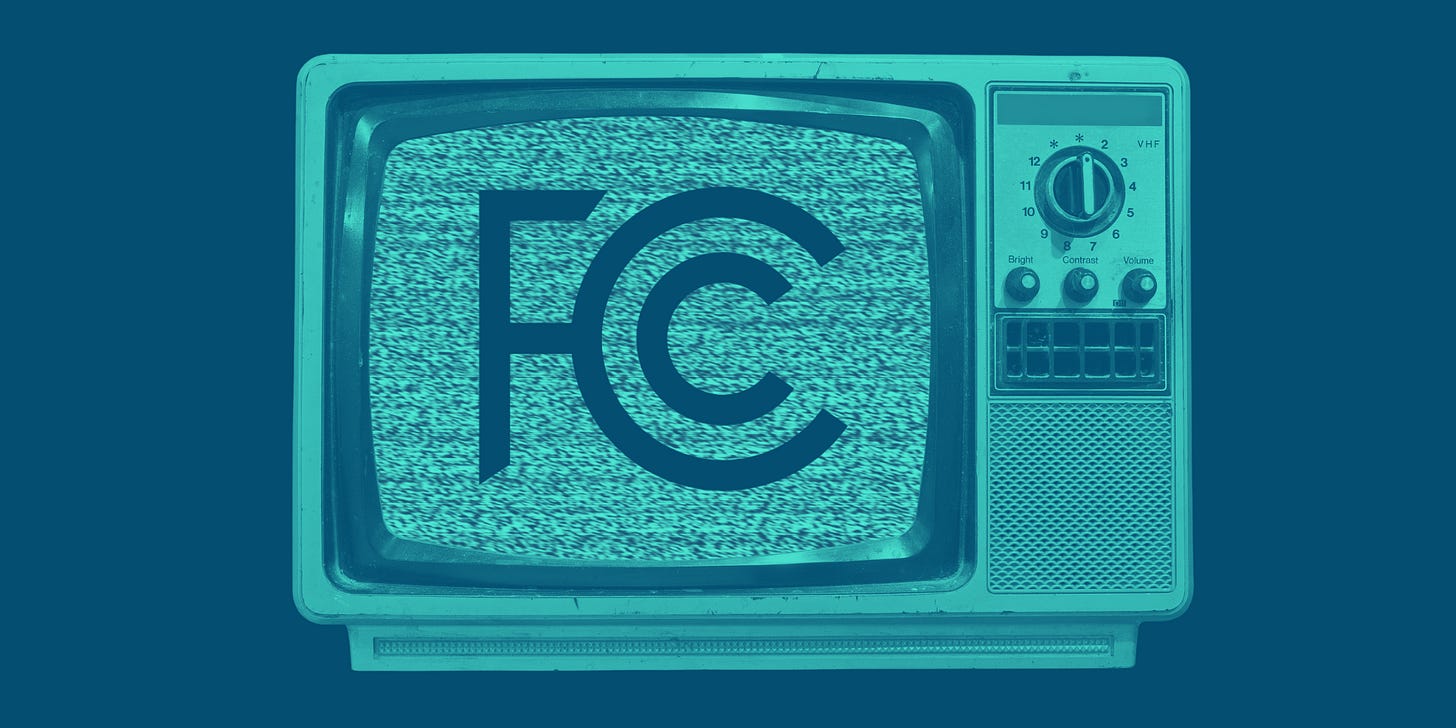This Is How You Kill The First Amendment
What Brendan Carr just taught the next generation about free speech.
When FCC Chairman Brendan Carr questioned ABC’s and local affiliates' licenses over Jimmy Kimmel’s monologue and Disney responded by pulling Kimmel’s show off the air, the headlines focused on outrage, hypocrisy, and political overreach.
But the most dangerous part of this episode isn't just that a government official attempted to silence a comedian. It's that everyone watching, from station executives to law students to future public servants, just learned that the First Amendment is not invincible.
This is not how American constitutional democracy is supposed to function. In NRA v. Vullo, decided just last year, the Supreme Court unanimously reaffirmed that government officials cannot use threats of enforcement to suppress speech.
Carr’s response was not simply criticism; it was coercion. On a podcast, he explicitly suggested that, unless Disney and its affiliates “took action” against Kimmel’s show, his agency would “do this the easy way or the hard way. These companies can find ways to change conduct and take action, frankly, on Kimmel, or there’s going to be additional work for the FCC ahead.” The Chairman also discussed several tools the FCC could utilize, including the public interest obligation and the “broadcast-hoax” and “news distortion” rules.
That was a targeted, strategic use of regulatory power to threaten protected speech. And it worked. Within hours, Nexstar, the owner of a significant number of local ABC affiliates (which has a merger, valued at $6.2 billion, pending before the FCC), announced it would no longer air Kimmel’s show.
Shortly after, Disney suspended him “indefinitely.” This is censorship by proxy — a modernized version of the heckler’s veto, powered by regulatory intimidation rather than mob outrage. And the damage doesn’t stop with Kimmel.
Because somewhere right now, a college student is watching all of this unfold. A Hill staffer is taking notes. A law student is applying to judicial clerkships and sifting through old telecommunications laws, wondering where the precedent lands. And the lesson they are absorbing is this: When you’re in power, you can punish speech you don’t like. You just have to be creative about it.
The “public interest” standard can be manipulated. Licensing threats can be framed as oversight. And the public will eventually move on. In short, they are learning how to break the First Amendment from within.
The long-term danger here is generational, cultural, and institutional. If today’s young professionals grow up in a world where comedy gets censored by bureaucrats, where speech is policed with FCC leverage, and where the loudest defenders of “free speech” conveniently go silent when their political allies do the censoring, then the foundational norms that protect speech will erode. They will inherit not a robust marketplace of ideas, but a fragile, conditional system where speech survives only if it doesn’t offend the ones in power.
We cannot afford to treat this as another partisan fight. This is about what we are normalizing and what comes next. The FCC does not have the power to punish jokes that land poorly or speculation that ends up being wrong. Quite the opposite — the First Amendment gives “breathing space” protecting false statements and hyperbole that are “inevitable in free debate.”
Our constitutional system will withstand and protect the speech rights that are under attack today. But today’s students are tomorrow’s policymakers. If we want them to inherit a First Amendment worth defending, we can’t treat it like an afterthought today.
Ashkhen Kazaryan is a Senior Legal Fellow at The Future of Free Speech, where she leads initiatives to protect free expression and shape policies that uphold the First Amendment in the digital age.




I would note that despite the Supreme Court's ruling, the 2nd Circuit unfortunately found that Vullo was protected by qualified immunity and ordered the case dismissed.